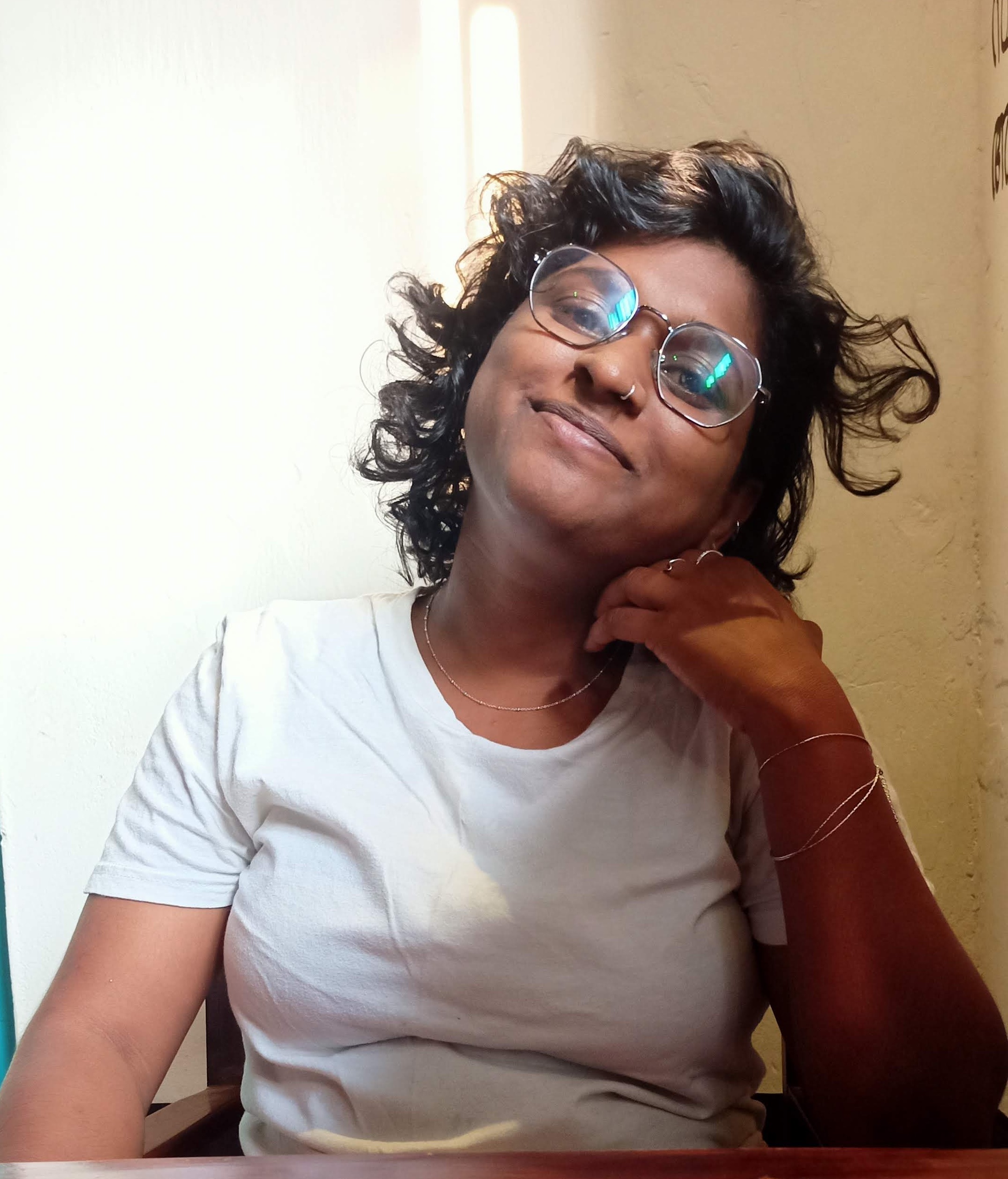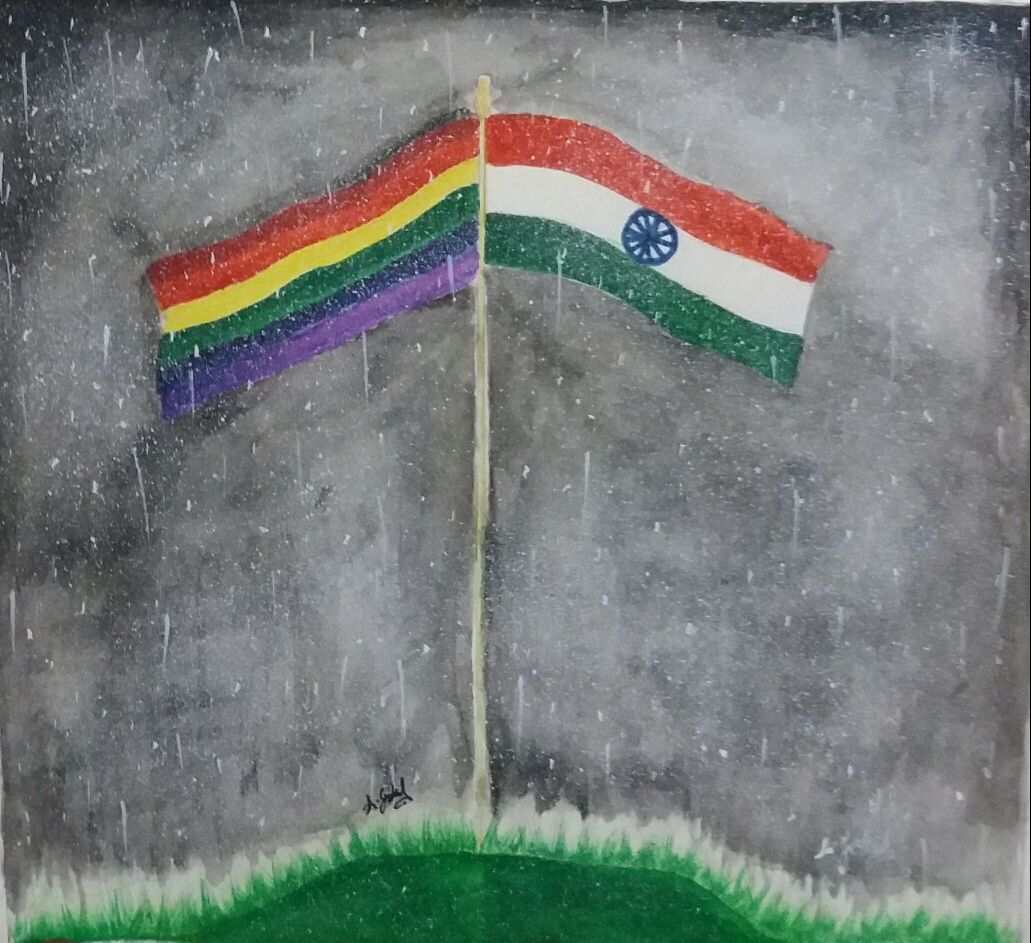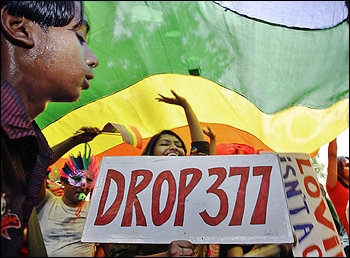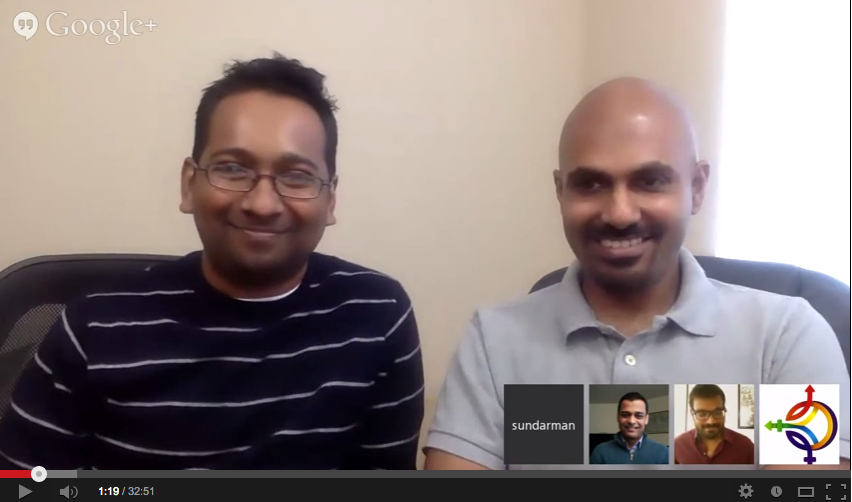On learning why pronouns matter! A tribute to a friend

In 2015, at an event, I noticed that while introducing themselves, people were sharing their pronouns. I did not understand what this meant or why it was needed. Later, in a private chat, someone politely asked me ‘What are your pronouns?’ I was baffled at that question. I replied ‘Male pronouns!’ I kept noticing that people would display their pronouns on social media and thought of it as a declaration of their gender and nothing more.
Months later, I remembered a friend who got a teddy bear and said that he will gift it to the person he loves. People around him curiously asked him whether his lover was a ‘‘he’ or a ‘she’?’ This question seemed to have put the person on a spot, made him a bit uncomfortable. The person tried his best to refer to their partner using gender-neutral pronouns. This was the beginning of my understanding of the role pronouns played in providing an inclusive space for everyone to express their true self and whom they love.
In 2021, at my workplace in Bhopal, I met a person called Gadha who had come from Kerala. We quickly got along as friends. We would hang out and talk about our professional and personal aspirations, families, food habits, literature, cinema, amongst other interests. When you move to a new city, finding such friends could provide an anchor to help you sail through the ups and downs of a new environment. In the company of someone you trust, you can share your innermost experiences, morals, joys, aspirations, failures, and fears..

In one of our meetups, I found Gadha anxious and upset. As a friend, I tried to talk and help. Gadha shared that the primary cause of her worry was the fact that they were frequently misgendered by those around them! Gadha is a non-binary person and prefers the pronoun they/them though everyone would refer to them as ‘she/her.’
Though aware of various gender identities, I still took it casually until this incident. This incident deepened my realization of the emotional harm that misgendering can do. This realization was different from what one would have by reading about this subject. This was different because it prompted me not just to agree with what is being said, but to see a friend’s distress first hand and to change my own ways of addressing individuals like Gadha.
For others who are non-trans/cisgender, this brings great privilege. Being called ‘Sir’ or ‘Ma’am’ correctly all the time is something one may take for granted, and fail to appreciate the feelings of someone who does not have this privilege. Imagine yourself in the place of someone who lives in a world where they are constantly misgendered. How difficult it must be to put up with it? Being mindful of someone’s gender is the very least we can do. It does not take much effort, but surely requires a will, and an intent, of avoiding hurt to fellow humans. Gadha themself says that avoiding to misgender is not really different from avoiding to crush someone’s feet.
Relationships we share with our friends, colleagues and peers is a powerful tool to learn the human experience. Because of my friend, I now keep envisioning and working towards a world where people like them (my friend) are never misgendered. Gender sensitivity should also be extended to someone’s partner, in that we do not assume the partner’s gender, or insist on knowing it. Using gender-neutral language and asserting one’s pronouns out there, is a small step in this direction that will eventually contribute towards a culture of gender sensitivity and inclusion.
Gadha now is doing well. Besides the necessity of using correct pronouns, I have learnt many other things in their company – from making a good Kerala style curry to learning about various scholars and their work in the field of gender studies and psychology.
Let us keep knowing, befriending and learning from people like Gadha.
Notes:
- Gadha’s name and photograph is used with their consent.
- I acknowledge and thank Dr. Ameya Bondre for his inputs and support while writing this piece.
- Gadha’s photo: courtesy author
- Featured image courtesy Wikimedia Commons






I wonder if your friend (with the teddy) was uncomfortable because it would have outed him or his partner. Often, as a teaching assistant, I just make it optional for students to share their pronouns. I usually stick to “they/them” when someone hasn’t specified any.